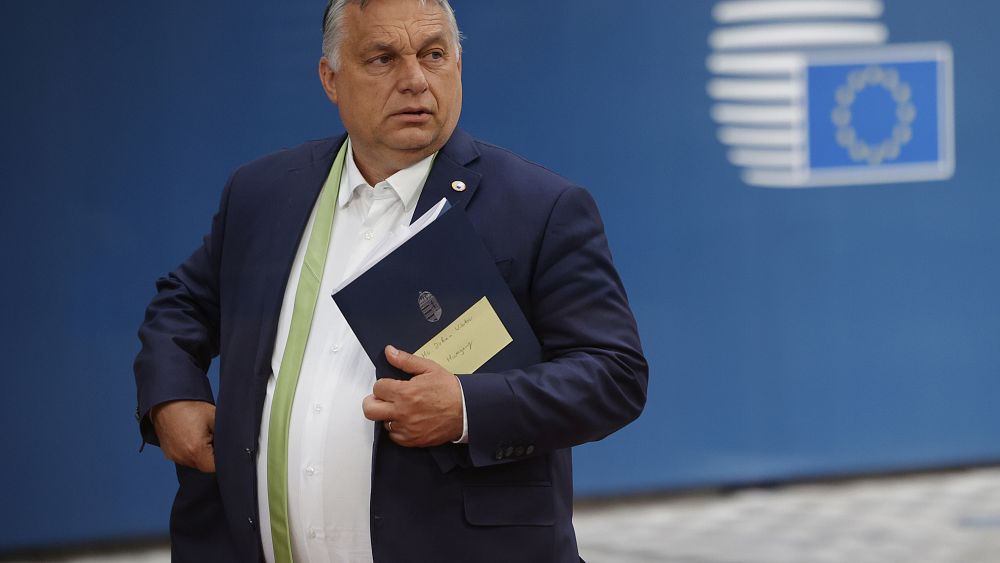
Belgium marked its national day on Wednesday, with many people having the day off, but the atmosphere was subdued in large part due to last week’s flooding.
A minute’s silence was held the day before for the 31 people who lost their lives in the floods in Wallonia. Dozens are still missing, and cleaning and clearing operations are still underway. Locals and government officials were in shock, as the country’s Interior Minister Annelies Verlinden explained.
“This is one of the greatest natural disasters our country has ever known,” she said.
Another disaster in Belgium was watching the images of undocumented migrants close to death from a hunger and thirst strike. Thousands of people signed a petition called #wearebelgiumtoo.
When news came mid-week that a truce had been found between over 400 undocumented migrants and the authorities, and the government had not fallen apart, which some coalition partners were threatening to do over the issue, there was a collective sigh of relief.
Although the full details of the deal are unknown, their asylum requests will now be granted on “humanitarian grounds”.
It is a local Brussels story, but the hunger strikers grabbed hearts and minds worldwide, with musicians and artists signing letters to draw attention to their plight.
Migration, Brexit and the rule of law
Migration is always sensitive topic, as well as a political one too. And it’s the same in the UK when this week the country paid France €62.7 million to stop migrants crossing the English Channel. The deal came a day after 430 people crossed the Channel on small boats.
And migration was not the only point of order between the UK and Europe this week. Brexit was back on the agenda and specifically the Northern Ireland protocol, after the former British Brexit negotiator, David Frost, said the two sides “cannot go on as we are” on the protocol.
But the European Commission is not interested in re-opening talks or giving up their summer holidays either.
For now, it has bigger fish to fry and internal issues to solve – notably Hungary and Poland and the state of rule of law there. In its annual rule of law report, the Commissioner for Values, Vera Jourova, told Euronews that the situation in Poland, Hungary and Slovenia had deteriorated.
“We must make sure in Europe that all elections are free and fair,” Jourova said. “This is also part of my work, to focus on the systems. We don’t want people to be manipulated and to be brainwashed. And for this we need the independent media to work properly in the country.”
Hungarian referendum and vaccine targets
And to add more fuel to the fire, Hungarian Prime Minister Viktor Orban announced his country would be holding a referendum on its anti-LGBT law, after the Commission launched legal action last week.
The new Hungarian law prohibits or limits access to content that promotes or portrays sex change or homosexuality. Three of the five questions of the referendum are about promoting gender reassignment surgery for minors.
Orban is pitching himself and his country against Brussels, saying that it is “threatening us”.
The Commission is standing by its legal proceedings, however, as the battle between the two intensifies.
And although it is almost time for EU officials here to pause for the summer break, those issues of rule of law will haunt them again in September. At least the Commission had some good news to announce this week.
“According to the latest figures which we have just received up to date, there were 200 million persons who are fully vaccinated in the EU and that represents 54.7% of the adult population which is fully vaccinated,” Commission spokesperson Dana Spinat said on Thursday.
This means the Commission is on track to reach the goal of having 70% of the adult population vaccinated by the end of September.